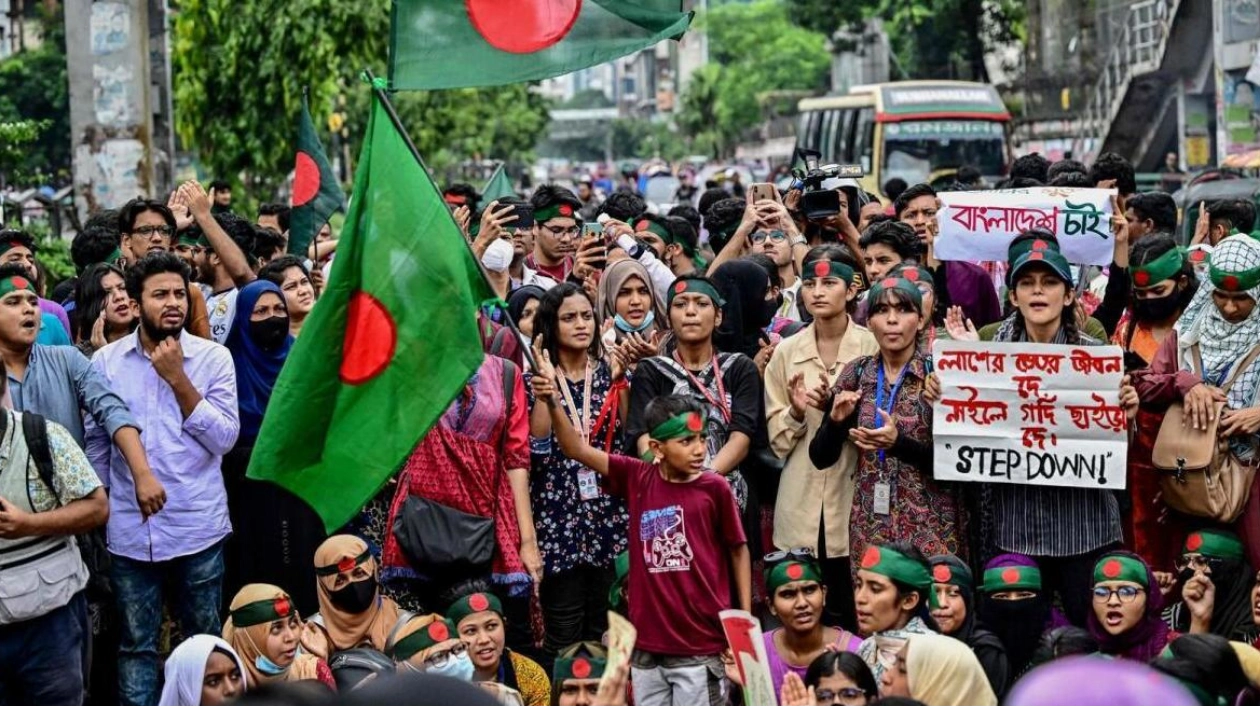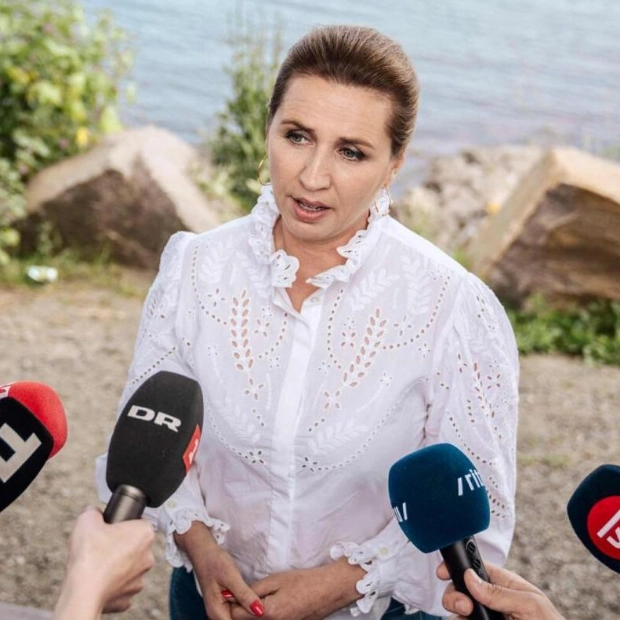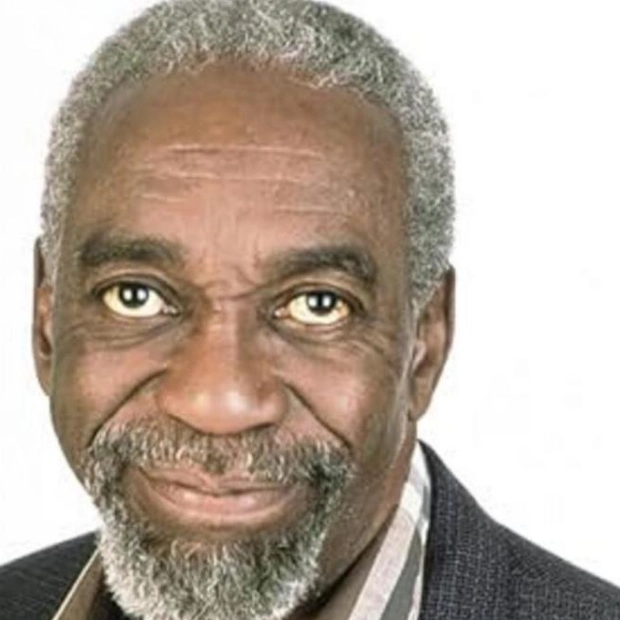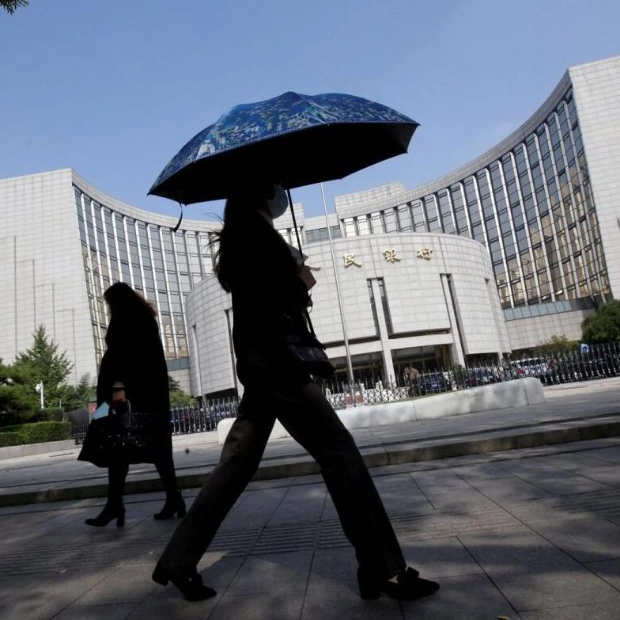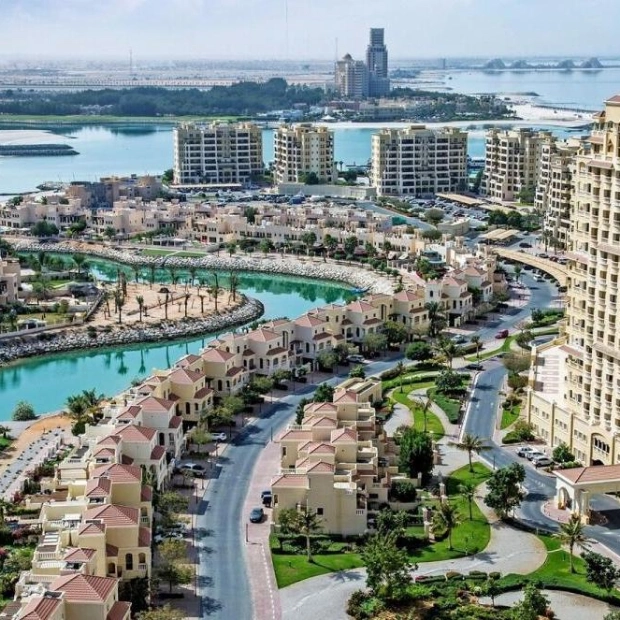Thousands of Bangladeshi protesters, many armed with sticks, gathered in a central Dhaka square on Sunday for mass demonstrations calling for Prime Minister Sheikh Hasina's resignation following a deadly police crackdown. Asif Mahmud, a prominent leader in the nationwide civil disobedience campaign, urged supporters to prepare for battle. "Get ready with bamboo sticks and free Bangladesh," he posted on Facebook. Despite the army's intervention to restore order after previous protests, some ex-military officers have joined the student movement, with former army chief General Ikbal Karim Bhuiyan changing his Facebook profile picture to red in solidarity. Current army chief Waker-uz-Zaman addressed officers at military headquarters in Dhaka, affirming that the "Bangladesh Army is the symbol of the people's trust" and will always support them in times of need, according to a late Saturday army statement. The statement did not elaborate on the army's stance regarding the protests.
The protests, initially sparked by rallies against civil service job quotas, led to days of chaos in July that resulted in over 200 deaths, marking some of the worst unrest during Hasina's 15-year tenure. Although troops briefly restored order, massive crowds returned to the streets this week in a non-cooperation movement aimed at crippling the government. On Saturday, as hundreds of thousands marched in Dhaka, the police mostly observed the rallies. The movement has expanded into a broader anti-government campaign across Bangladesh, involving various sectors of society, including celebrities, and has seen widespread support on social media.
The demands have shifted from job quotas to broader freedoms, as expressed by a young female protester named Sakhawat who painted graffiti calling Hasina a "killer." Counter-protests in support of the government are also anticipated. Obaidul Quader, general secretary of Hasina's ruling Awami League, has urged party activists to gather in Dhaka and nationwide to demonstrate their support. The capital was tense on Sunday, with fewer vehicles on its usually crowded streets. Hundreds of thousands are expected to rally in Dhaka and across the country, with Students Against Discrimination organizing protests at key entry points to Dhaka and in central Shahbagh Square.
The group has called for peaceful protests but urged readiness to defend against attacks. They have also asked citizens to halt tax and utility bill payments to increase pressure on the government, and have encouraged government workers and garment factory laborers to strike. Hasina, who has been in power since 2009 and secured her fourth consecutive term in January, faces accusations from rights groups of misusing state institutions to consolidate power and suppress dissent, including through extrajudicial killings of opposition activists. The demonstrations began in early July over the reintroduction of the quota scheme, which was later scaled back by Bangladesh's top court.
